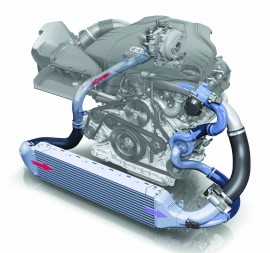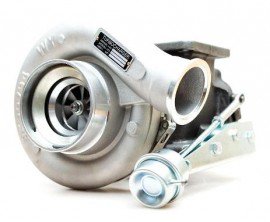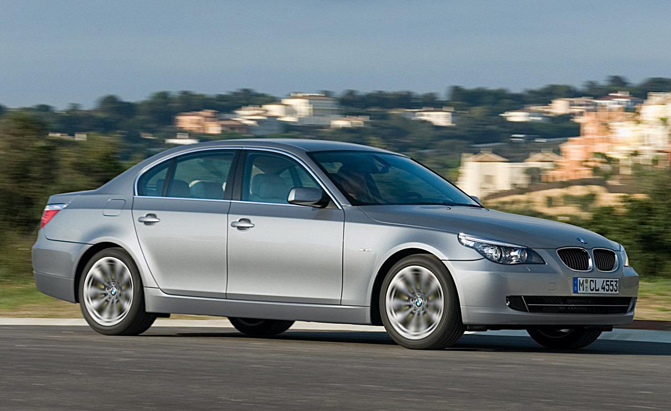Turbochargers are becoming more and more popular. Automakers are constantly looking for ways to improve their fuel-economy figures without sacrificing performance and these little exhaust-driven blowers can really help out.

Should you worry about owning a car or truck that’s turbocharged as more and more vehicles make this powertrain switch? For answers we reached out to some folks that closely monitor vehicle quality to find out what’s really going on out there.
Delta Alfa Tango Alfa
Putting major fears to bed, Michael Karesh, developer of TrueDelta.com said, “I’m not seeing many turbocharger failures, at least not yet.” His quarterly quality survey includes responses from nearly 100,000 participants.
“A typical failure rate for a turbocharger is probably around one or two percent,” he said. According to Karesh, many of his participants’ vehicles typically have fewer than 100,000 miles on their odometers. He doesn’t have much data for cars that have gone farther than that. Still he said, “I would of expected [the failure rate] to be higher.”

Given their reputation for outstanding quality and reliability it was surprising that a couple turbocharged Japanese vehicles popped up in Karesh’s survey. Compared to the abovementioned 5 Series he said, “At about half that we have the Mazda CX7 [from] 2007, which everyone knows is a really bad engine … It’s a known horror story.”

According to Karesh the issue with these cars is a small filter in the oil line that runs to the turbo. If it ever gets plugged with sludge or other detritus the blower can be starved of lubricant and fail. “A lot of people go and remove the filter preemptively,” said Karesh, preventing this issue. Fortunately Subaru appears to have corrected it in subsequent years.
SEE ALSO: Are Japanese Cars Really Reliable?
The final sore thumb in TrueDelta’s survey is a Volkswagen. Karesh said, “And then the fourth car is the 2012 and 2013 Passat TDI.” He has reports of multiple turbo failures, three for one year and five for another. Again, the sample sizes are small but he said this indicates there is an issue with these models.
Ford has been a major player in the downsizing, turbocharging movement with their EcoBoost line of engines. When asked about these powerplants Karesh said, “I don’t think I’ve had any reported turbo failures in those yet,” but he cautioned that these vehicles aren’t that old yet.
Consumer Reports Weighs In
Corroborating TrueDelta’s data, Jake Fisher, director of auto testing at Consumer Reports said, “We’ve seen some turbocharged engines that have some initial problems.” He noted some of BMW’s engines from a few years ago were troublesome.
Fisher said the real issue with these force-fed engines is time. How will they fare when more of them pass the 100,000-mile mark? This is a question nobody can really answer right now, though he said, “From a standpoint of complexity and the parts, you know, and how much stress some components have, there’s definitely a chance for more things to go bad with these turbocharged engines.”

Open Forum
In some instances reported issues can actually appear to be a lot worse than they might be in reality. “Problems can seem much more common on an active [internet] forum than they actually are,” said Karesh. “If you have a few thousand members and even just a couple percent have a problem it can seem like everyone’s having the problem because you see the same thing reported 20 or 30 times.”
SEE ALSO: Do You Have to Change Your Oil Every 3,000 Miles?
But there’s good news in all of this. “I think the key thing to note is common turbocharger failures are the exception rather than the rule,” Karesh said. “Aside from that one BMW they just don’t affect many cars.”
For more stories like this one check out our Tips and Advice section.










